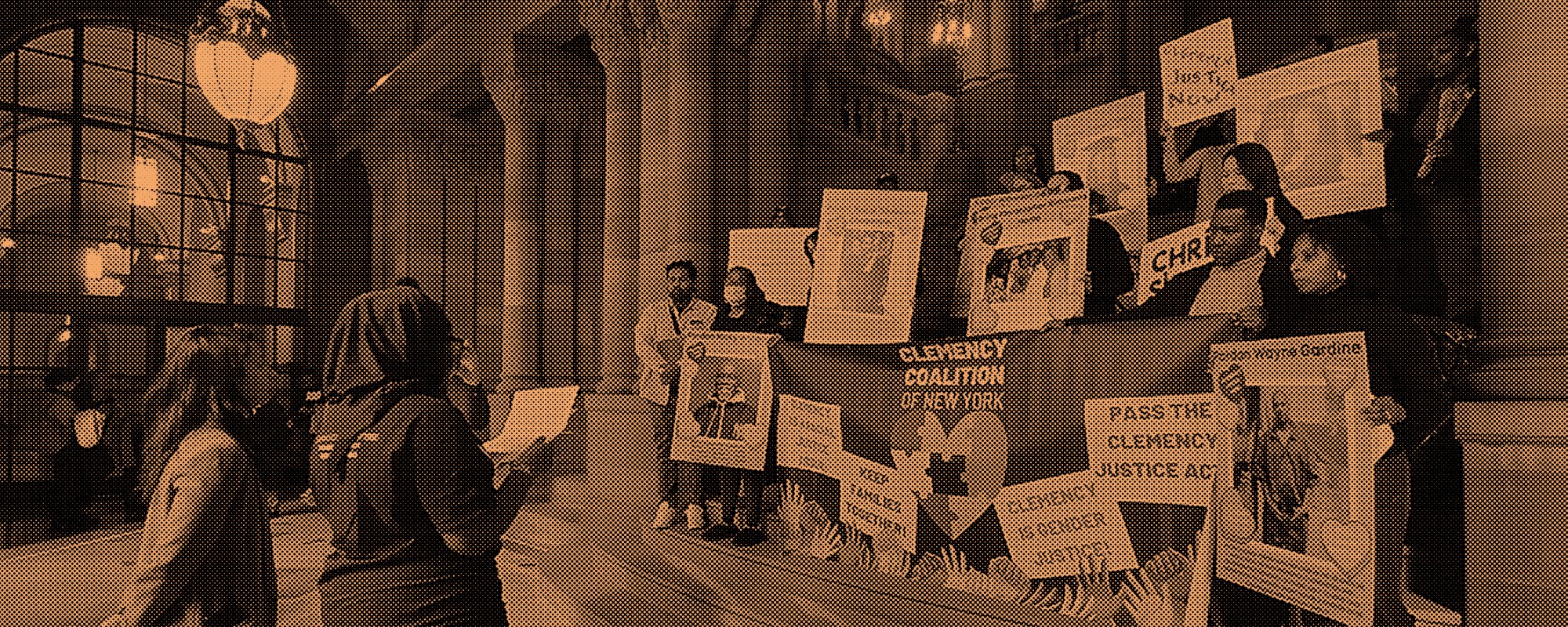
What is Clemency?
Clemency
A process that reduces sentences or pardons those facing deportation or criminal charges. Clemency can be granted on the federal level by the president or on the state level by the governor.
Pardons
A pardon can remove the lasting consequences of a conviction, such as loss of right to vote or inability to run for office
In the case of a non-citizen/immigrant, a pardon can remove the basis upon which someone can be deported from the US
A pardon is generally granted after someone has already served their time
Commutations
A commutation reduces a sentence, either totally or partially, for someone who is currently incarcerated. It does not change the fact of conviction, imply innocence or remove civil disabilities, such as the right to vote or to hold public office.
A commutation does not stop deportations, and does not have any effect on a person’s immigration status
Why Clemency?
The United States’ immigration and criminal legal system are racist and violent systems that terrorize our most vulnerable communities. Under these systems and their intersection, immigrant and communities of color in New York face continued cycles of criminalization, separation, and displacement - including deportation and on-going incarceration.
New York’s clemency process can serve as a powerful state-based tool to protect New Yorkers against the injustices of these systems. Under the clemency power, New York’s Governor can grant both pardons to protect immigrants against deportation for past criminal convictions, and commutations to reduce sentences for incarcerated New Yorkers.

State of Clemency in New York
New York’s clemency process is massively underutilized and non-transparent. Between 2017-2020, over 6,400 pardon and commutation applications have been submitted, with only 1.5% of those applications granted by Governor Cuomo.
While clemency itself cannot abolish this country’s immigration and criminal legal systems, it has the powerful potential to provide immediate relief and serve as a vehicle for challenging the structural violence and racism of these unjust systems.

